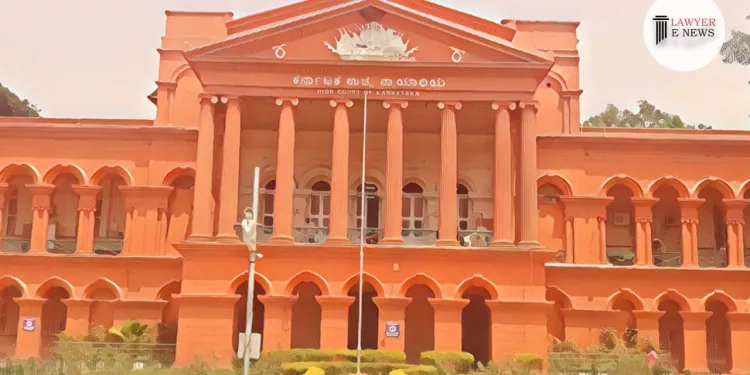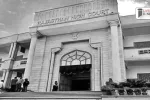Mere Recovery of Amount Not Sufficient to Constitute Offence Under Prevention of Corruption Act: Karnataka High Court Upholds Acquittal

In a significant judgment, the Karnataka High Court dismissed a criminal appeal filed by the State, reaffirming the acquittal of an Enforcement Officer in a bribery case. The Court held that mere recovery of bribe money is insufficient to constitute an offence under the Prevention of Corruption Act, 1988 (PC Act), without proof of demand and acceptance of illegal gratification.
The central legal issue in this appeal revolved around the sufficiency of evidence required to convict under Sections 7 and 13 of the PC Act. The Court emphasized that proving demand and acceptance of illegal gratification is essential to establish offences under these sections.
The respondent, an Enforcement Officer in the Department of Employees’ Provident Fund Commissioner, Mysuru, was accused of demanding and accepting a bribe of Rs.5,000 from a complainant. The Trial Court had earlier acquitted the respondent, leading to the State’s appeal. The prosecution’s case rested on the evidence of a pre-trap panchanama, a trap mahazar, and testimonies of witnesses, including the complainant.
In its detailed assessment, the Court scrutinized the inconsistencies in the testimonies of the prosecution witnesses, particularly regarding the signal given by the complainant during the trap operation. The Court observed contradictions and lack of corroboration in the prosecution’s evidence. It underscored the principle that mere recovery of the bribe amount, without establishing demand and acceptance, is insufficient for conviction under the PC Act. The Court cited several judgments of the Supreme Court to buttress its findings, emphasizing the need for careful scrutiny of evidence in corruption cases due to their societal and personal implications.
The High Court, upholding the Trial Court’s decision, dismissed the appeal, finding no grounds to interfere with the acquittal. The Court’s affirmation of the acquittal underscores the necessity of clear and corroborated evidence to prove charges of corruption.
Date of Decision: 13th February 2024
State of Karnataka Vs. L Dorairaj





